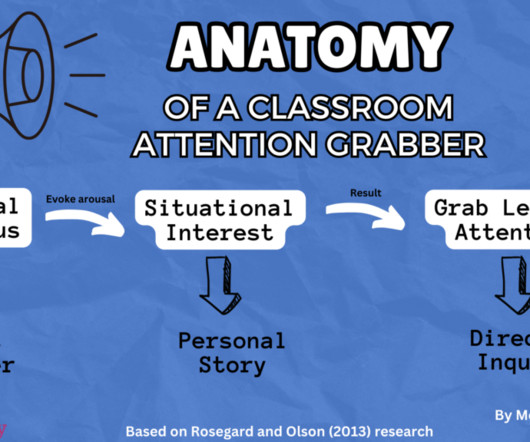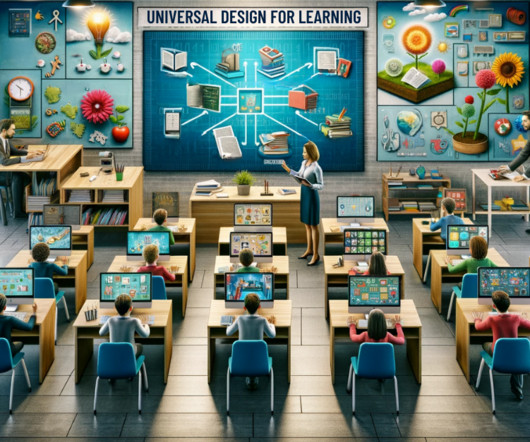30 Effective Classroom Attention Getters with Examples
Educational Technology and Mobile Learning
DECEMBER 29, 2023
Research has consistently highlighted the detrimental effects of boredom on student learning. For instance, Wallace, Vodanovich, and Restino (2003) discussed how boredom correlates with attention deficit and memory lapses, signaling a deeper issue than mere disinterest. 2010; Ziv, 1988). Learning and Instruction, 13(2), 125-139.















Let's personalize your content